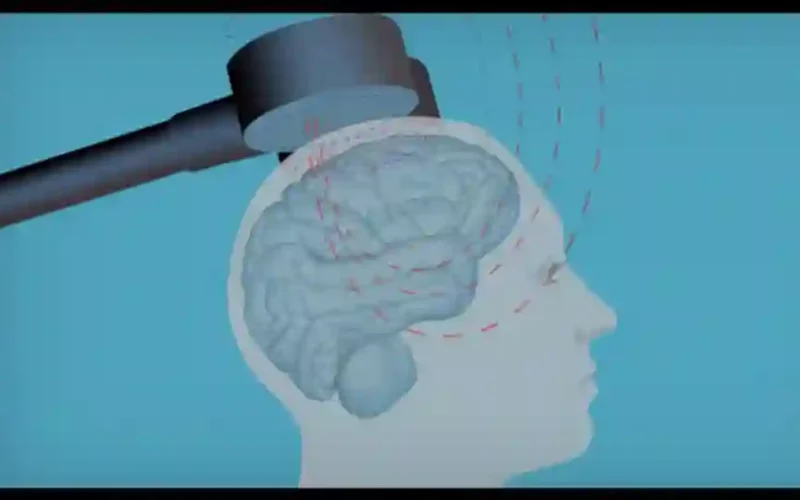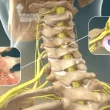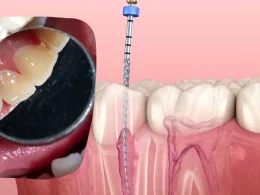If you are battling depression and standard treatments such as medications and talk therapy have not been effective, your doctor at Psychiatric Consultants of Atlanta may recommend transcranial magnetic stimulation (TMS). Transcranial magnetic stimulation is a noninvasive treatment that uses repetitive magnetic pulses to stimulate nerve cells in the brain, improving depression symptoms. Unlike other techniques, such as deep brain stimulation or vagus nerve stimulation, no incisions are involved in TMS. Read on to learn how transcranial magnetic stimulation works.
How does TMS work?
As previously mentioned, TMS uses magnetic pulses to stimulate nerve cells in your brain region involved in depression and mood control. The magnetic pulse is thought to activate the brain regions with decreased activity in depression. However, the biology of how TMS works is unclear; the stimulation appears to impact brain function, easing depression symptoms and improving mood. There are different ways to perform TMS; techniques may change as specialists discover the most effective ways to offer treatments.
What are the risks associated with TMS?
Transcranial magnetic stimulation is considered safe; this treatment does not require surgery or implantation of electrodes. Additionally, unlike electroconvulsive therapy, TMS does not use anesthesia and also doesn’t cause seizures. However, after transcranial magnetic stimulation, it is common to experience headaches and scalp discomfort at the stimulation site. Other common side effects of TMS include lightheadedness and tingling, spasms, or twitching of facial muscles. Your doctor may recommend taking an over-the-counter pain medication before the procedure to reduce symptoms. Adjusting the level of stimulation may also help.
The treatment occurs in your doctor’s office or a clinic and is often performed on an outpatient basis.
Serious side effects are rare with TMS, but if they occur, they may include seizures, mania, and hearing loss. You are most likely to experience mania if you have bipolar disorder and hearing loss if you have inadequate ear protection during treatment. There is no adequate information to determine whether TMS may have any long-term side effects.
What happens before TMS?
Like any other treatment, you will discuss with your doctor before the procedure to learn what TMS involves and establish that you are a good candidate. Your doctor will conduct a physical exam, possibly lab, and other tests. You will also undergo a psychiatric evaluation to discuss your depression; these tests and evaluations are vital to ensure that TMS is appropriate for you.
Expect a thorough medical history review; you may answer several questions. These questions may be about pregnancy or pregnancy plans, implanted medical devices, medical conditions, and previous treatments. The answers to these questions will help your doctor ensure that TMS is safe. For example, in some cases, people with metal implants or devices can have TMS. However, due to strong magnetic fields during TMS, this treatment is not recommended if you have certain devices. They include stents, aneurysm clips or coils, cochlear implants for hearing, bullet fragments, or any magnetic implants.
If you have further questions about transcranial magnetic stimulation, consult your doctor at Psychiatric Consultants of Atlanta.











